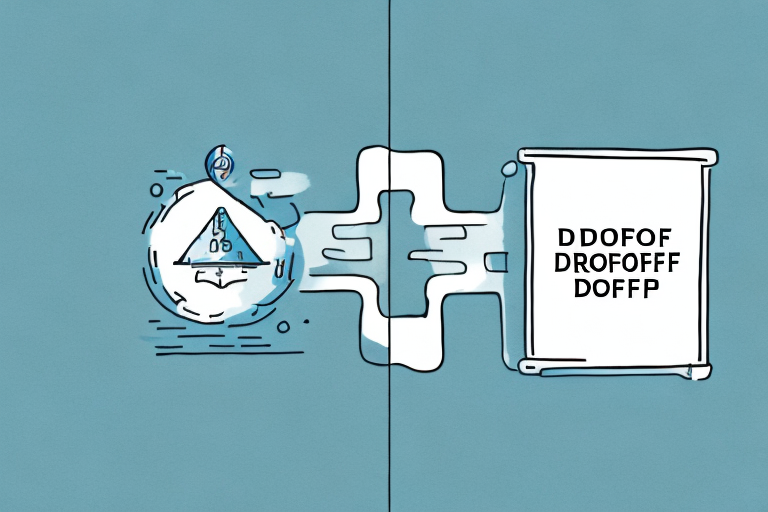Understanding 'Fulfillment' vs. 'Fulfilment': A Comprehensive Guide
If you’re a writer, editor, or content creator, you’ve likely encountered the words 'fulfillment' and 'fulfilment' at some point in your career. While these terms are often used interchangeably, there are notable differences in their spelling and usage that are essential for effective communication.
The Origins and Etymology
To grasp the distinctions between 'fulfillment' and 'fulfilment', it’s important to understand their linguistic roots.
- Fulfillment: Derived from the Old English word 'fulfyllan', meaning "to fill up," it evolved into its current form during the Middle English period.
- Fulfilment: Originating from the Middle English word 'fulfilen', which also means "to fill up," this spelling has retained its traditional form over the centuries.
Spelling Differences: American vs. British English
The primary distinction between 'fulfillment' and 'fulfilment' lies in their regional usage:
- American English: Prefers 'fulfillment'.
- British English: Uses 'fulfilment'.
These differences are part of broader variations in spelling between American and British English, such as 'color' vs. 'colour' and 'center' vs. 'centre'.
Proper Usage in Your Writing
Choosing the correct spelling depends largely on your target audience:
- American Audience: Use 'fulfillment' to align with regional preferences.
- British Audience: Opt for 'fulfilment' to maintain consistency with British English conventions.
- International Audience: 'Fulfillment' is generally more recognized globally, making it a safer choice.
Using the appropriate spelling enhances the professionalism and credibility of your content, ensuring it resonates well with your intended readers.
The Impact on Branding and SEO
Spelling variations can significantly influence your brand’s perception and search engine optimization (SEO) efforts:
- Professional Appearance: Correct spelling conveys attention to detail and respect for your audience’s language preferences.
- SEO Implications: Search engines prioritize websites with accurate and high-quality content. Consistent spelling reduces the risk of ranking penalties due to perceived errors.
For instance, a study by Search Engine Journal highlights the importance of accurate spelling in achieving higher search rankings and better user engagement.
Common Misspellings to Avoid
Even native English speakers can make errors with these terms. Common misspellings include:
- Fullfilment (missing an 'l')
- Fulfilment (with one 'l' instead of two)
- Fulfillment (with one 'l' instead of two)
- Fulfilment (misspelled with an 'e' at the end)
Ensuring the correct spelling based on your audience can prevent misunderstandings and enhance the clarity of your communication.
Examples of Proper Usage in Literature and Media
Proper usage of 'fulfillment' and 'fulfilment' can be observed across various forms of media:
- Books: Maya Angelou’s I Know Why the Caged Bird Sings uses 'fulfillment' to convey a sense of achievement.
- Television: British series like Doctor Who frequently employ 'fulfilment' in their scripts and episode titles.
- Online Publications: International publications often standardize on 'fulfillment' to cater to a global audience.
Tips for Remembering the Correct Spelling
To avoid confusion, consider these tips:
- American Audience: Remember 'fulfillment' with a double 'l'.
- British Audience: Use 'fulfilment' with a single 'l'.
- International Writing: Opt for 'fulfillment' as it is more universally recognized.
Additionally, referencing style guides specific to your publication can provide clarity on preferred spellings.
The Ongoing Debate: Which Spelling is More Correct?
While both 'fulfillment' and 'fulfilment' are deemed correct within their respective regions, debates persist over which is superior:
- Traditionalists: Argue that 'fulfilment' maintains historical accuracy.
- Modernists: Suggest that 'fulfillment' is more practical and widely understood in today’s globalized world.
Ultimately, the "correctness" of each spelling is context-dependent, reinforcing the importance of audience awareness.
The Influence of the Internet on Spelling Preferences
The rise of the internet has accelerated the adoption of American English spellings globally. This trend is evident in:
- Social Media: Platforms like Twitter and Instagram often favor 'fulfillment' due to the dominance of American English users.
- Content Creation: Online blogs and articles tend to standardize on 'fulfillment' for broader accessibility.
However, regional publications and communities continue to uphold their traditional spellings, ensuring the persistence of 'fulfilment' in British English contexts.
Conclusion: Mastering the Use of 'Fulfillment' and 'Fulfilment'
In summary, understanding the nuances between 'fulfillment' and 'fulfilment' is crucial for effective writing:
- Spelling Matters: Use the correct variant based on your target audience to enhance professionalism and clarity.
- SEO Benefits: Accurate spelling supports better search engine rankings and user trust.
- Consistency is Key: Maintain uniformity in your content to avoid confusion and establish a reliable voice.
By recognizing these distinctions and applying them thoughtfully, you can elevate the quality of your content and connect more effectively with your audience.






















